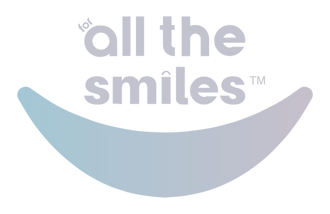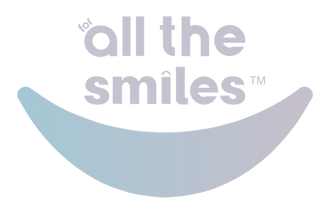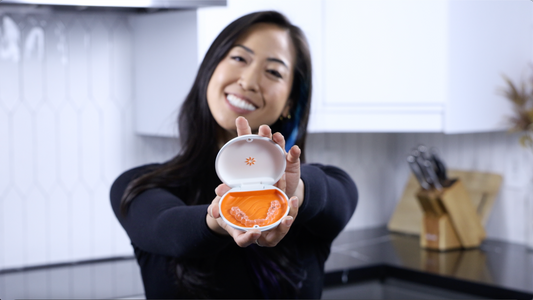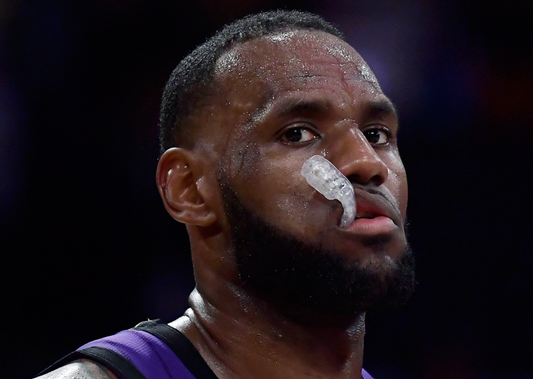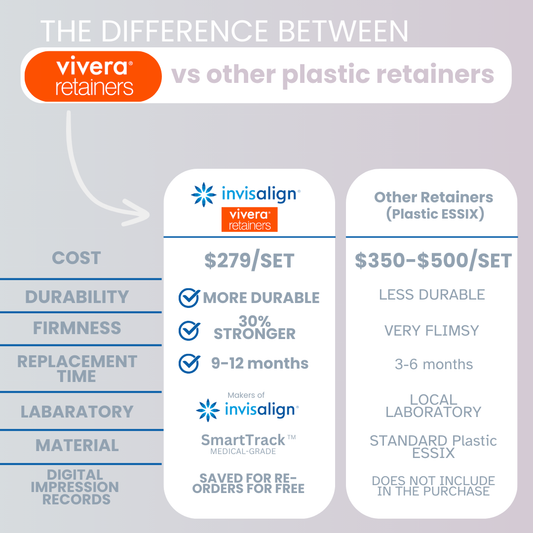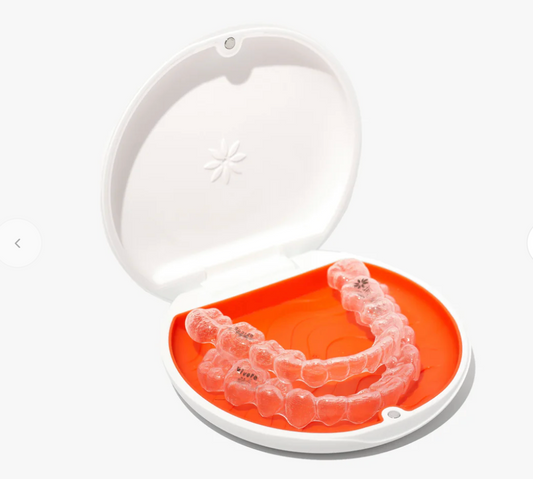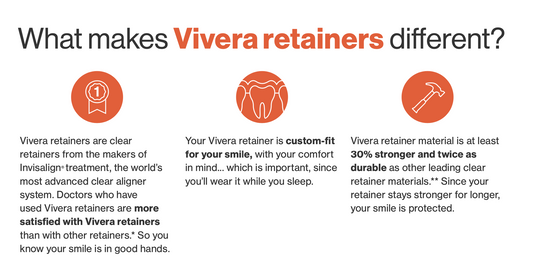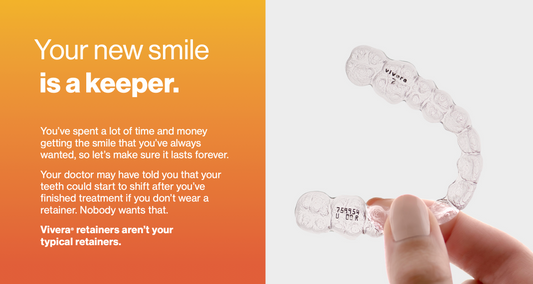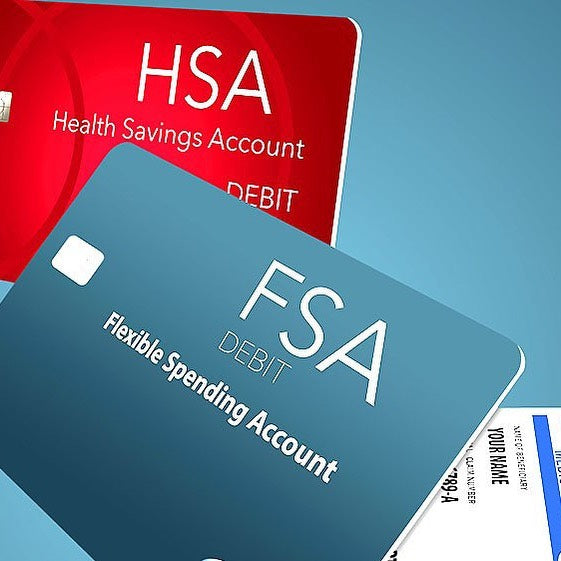
Maximizing Your HSA/FSA for Retainers and Nightguards
Maximizing Your HSA/FSA for Retainers and Nightguards
When it comes to managing healthcare expenses, Health Savings Accounts (HSA) and Flexible Spending Accounts (FSA) are invaluable tools. These accounts allow you to use pre-tax dollars to pay for eligible medical expenses, offering significant tax savings. Among the many expenses covered by HSA and FSA, dental care items like retainers and nightguards often go overlooked. Here's how you can make the most of your HSA/FSA to cover these essential dental appliances.
Understanding HSA and FSA
Before diving into how to use these accounts for retainers and nightguards, it's important to understand the basics of HSA and FSA.
- **Health Savings Account (HSA):** This is a savings account available to those enrolled in high-deductible health plans (HDHP). Contributions are tax-deductible, and the funds can be used tax-free for qualified medical expenses.
- **Flexible Spending Account (FSA):** This account is often provided through an employer, allowing you to set aside pre-tax dollars for healthcare expenses. Unlike HSA, FSAs have a “use-it-or-lose-it” rule, meaning you need to use the funds within the plan year or a grace period.
Both accounts offer tax advantages that make managing healthcare costs more affordable.
Eligible Expenses: Retainers and Nightguards
Dental care can be expensive, and orthodontic devices such as retainers and nightguards are no exception. Fortunately, these items are considered eligible expenses under HSA and FSA guidelines.
- **Retainers:** These are commonly used after orthodontic treatment to maintain teeth alignment. They can be removable or fixed, and are a crucial part of ensuring long-term success of orthodontic treatments.
- **Nightguards:** These are used to prevent teeth grinding (bruxism) and clenching during sleep. Nightguards can protect your teeth from wear and tear, reduce jaw pain, and prevent other dental issues.
How to Use HSA/FSA for Retainers and Nightguards
1. **Check Eligibility:** Before making any purchase, verify that the retainer or nightguard is eligible. Most standard retainers and custom nightguards prescribed by a dentist qualify.
2. **Get a Prescription:** For nightguards, a prescription from your dentist is typically required to substantiate the expense. Retainers, especially those that are part of a larger orthodontic treatment plan, generally do not need a separate prescription but check with your account provider.
3. **Keep Documentation:** Save all receipts and any documentation related to your purchase. This includes prescriptions, invoices, and any explanation of benefits from your insurance provider. Proper documentation is essential in case you are audited or need to substantiate the expense later.
4. **Pay with Your HSA/FSA Card:** If your HSA or FSA provides a debit card, use it to pay for your retainer or nightguard. This simplifies the process and keeps the transaction separate from your other expenses.
5. **Reimbursement:** If you paid out-of-pocket, you can still get reimbursed from your HSA/FSA. Submit the receipts and necessary documentation to your account provider to get your money back.
#### Benefits of Using HSA/FSA for Retainers and Nightguards
- **Tax Savings:** Using pre-tax dollars to pay for dental devices reduces your taxable income, leading to significant tax savings.
- **Budget Management:** By planning and setting aside funds in your HSA/FSA, you can better manage and budget for dental care expenses without financial strain.
- **Long-term Health Benefits:** Proper use of retainers and nightguards can prevent more serious and costly dental issues in the future, making them a smart investment in your overall health.
Tips for Maximizing Your Benefits
- **Plan Ahead:** Estimate your annual dental needs and contribute accordingly to your FSA. For HSA, contribute the maximum allowable amount if possible, as the funds roll over year to year.
- **Stay Informed:** Keep up-to-date with IRS guidelines on eligible expenses. Sometimes, items that weren’t previously covered may become eligible.
- **Utilize Employer Contributions:** If your employer contributes to your HSA, take full advantage of this benefit to maximize your savings.
By strategically using your HSA/FSA for retainers and nightguards, you not only ensure better dental health but also take full advantage of the tax savings these accounts offer. Remember to keep thorough documentation and stay informed about eligibility requirements to make the most of your healthcare dollars.
